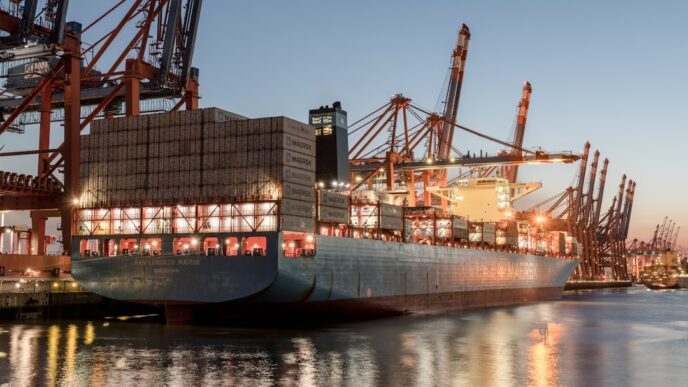In recent years, the concept of localized economies has gained traction as communities around the world respond to the challenges posed by globalization. While globalization has undeniably fostered economic growth and interconnectedness, it has also led to significant vulnerabilities, such as supply chain disruptions, economic inequality, and a loss of local culture and identity. Localized economies are emerging as a compelling alternative, promoting resilience, sustainability, and community empowerment.
Localized economies emphasize the importance of local production and consumption, striving to create self-sufficient communities capable of meeting their own needs. This approach can manifest in various forms, such as community-supported agriculture (CSA), local currency systems, and cooperative businesses. By prioritizing local resources, labor, and products, communities can reduce their reliance on global supply chains, thus mitigating risks associated with international trade fluctuations.
One of the most compelling arguments for localized economies is their potential to enhance economic resilience. The COVID-19 pandemic highlighted the fragility of global supply chains, as many countries experienced shortages of essential goods and services. In contrast, communities that prioritized local production were often better positioned to weather these disruptions. For instance, local farmers’ markets thrived as consumers sought fresh, locally sourced food while supply chains for imported goods faltered.
Moreover, localized economies can help address economic inequality. The centralized nature of globalization often leads to wealth concentration in major urban centers, leaving rural and marginalized communities behind. By fostering local businesses and encouraging community investment, localized economies can create jobs, stimulate economic growth, and empower individuals. Cooperative business models, where profits are shared among members, can be particularly effective in uplifting marginalized groups and ensuring that wealth circulates within the community rather than being siphoned off to distant corporate shareholders.
The environmental benefits of localized economies are also noteworthy. By reducing the distance goods must travel, local production minimizes carbon emissions associated with transportation. Additionally, localized economies often prioritize sustainable practices, such as organic farming and eco-friendly manufacturing, which can contribute to environmental preservation. As awareness of climate change grows, consumers are increasingly seeking out local products that align with their values, creating a market incentive for environmentally friendly practices.
However, the rise of localized economies is not without its challenges. Critics argue that local production may not always be cost-competitive with mass-produced goods, and there is a concern about the scalability of localized initiatives. Nevertheless, many communities have successfully navigated these challenges by emphasizing the unique value propositions of local products, such as quality, freshness, and cultural significance. Additionally, local governments can support these efforts through policies that incentivize local business development and invest in infrastructure that facilitates local production and distribution.
As the global economy continues to evolve, the resurgence of localized economies represents a significant shift in how we think about trade and community development. Rather than viewing globalization as a zero-sum game, where local and global interests are at odds, we can envision a more nuanced approach that incorporates the strengths of both systems. Policymakers, business leaders, and communities must work together to create an ecosystem where localized economies can thrive alongside global trade networks.
In conclusion, the rise of localized economies offers a promising alternative to the pitfalls of globalization. By fostering resilience, addressing economic inequality, and promoting sustainable practices, localized economies can empower communities, enhance local identities, and contribute to a more balanced and equitable global economic landscape. As we move forward, embracing the principles of localization may be key to building a more sustainable and resilient future for generations to come.













